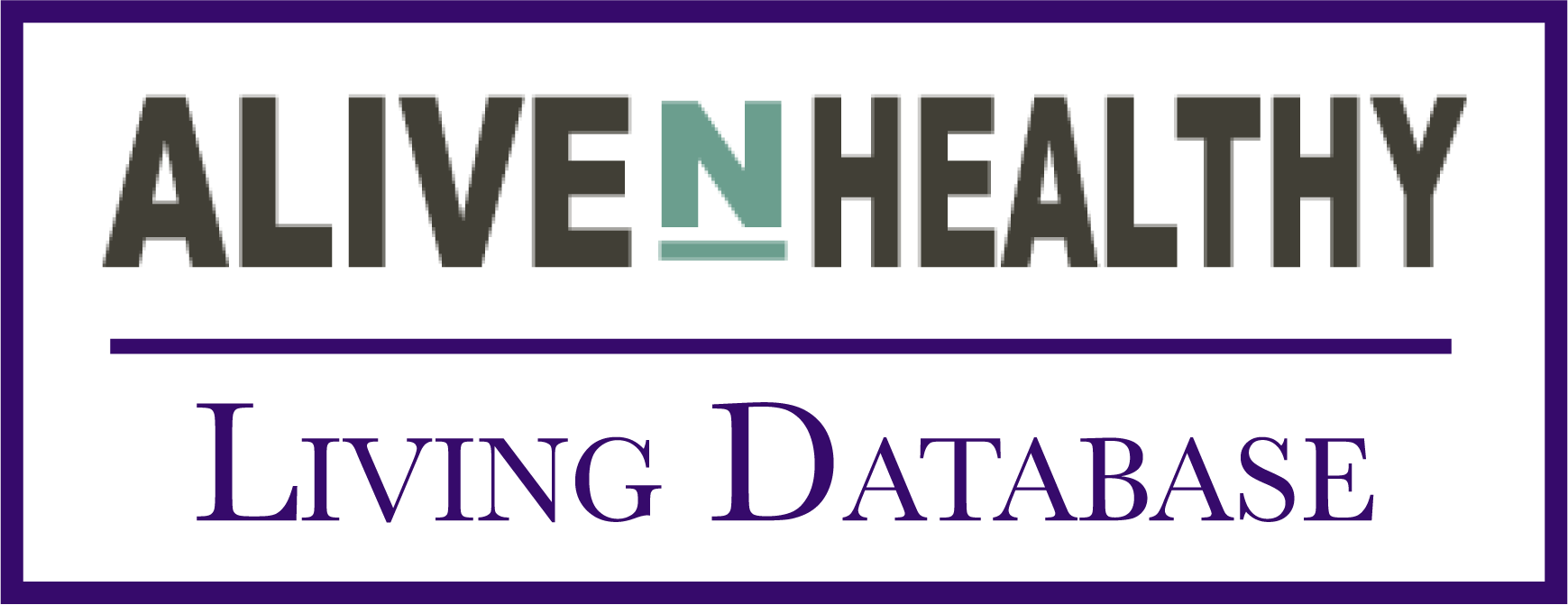Neem: Herbal Birth Control Pill Alternative for Women and Herbal Contraceptive for Men
NOTE: As a contraceptive, anti-fertility herb, Neem / Azadiracta indica should not be used during pregnancy or if you’re trying to conceive.Neem, otherwise known as Azadirachta indica, Indian lilac, or dogoyaro, is a flowering, fruit-producing tree in the mahogany (Meliaceae) family. Most westerners who have heard of neem are likely familiar with its usage as a natural insect repellent or as an anti-malarial, but native populations in India, Africa, and other countries where neem grows know that the neem tree actually has a surprisingly wide variety of medicinal actions. In fact, among people in eastern Africa, the neem tree is called “40 cures”, alluding to its diversity as a healing plant.
This article will focus on neem’s use as a male and female contraceptive, but readers should know that some of the other medicinal actions of neem include:
- Pain relief
- Parasitic treatment
- Antimalarial
- Antibacterial effects
- Antifungal treatment (including treatment of Candida albicans infections)
- Anti-inflammatory
- Stomach ulcer treatment
- Dengue Cure
- Malaria Cure
- West Nile Cure
- Herbal PCOS Cure
- Natural Abortifacient
- Off-grid medicine (an herbal treatment that works for many health issues)
- Survival medicine
- Travel medicine (neem is especially useful in the treatment of insect-borne, tropical illnesses)
- More…
NOTE: Before continuing onward, female readers in particular should note that neem is an abortifacient, meaning that it can cause spontaneous abortions. While this article is indeed about contraception, women in particular should note that the use of neem during pregnancy is likely to cause an abortion. So, if you’re trying to conceive or if you’re currently pregnant, put any neem products (oil, capsules, teas, etc) to the side for now. Men, if you’re trying to conceive, you should also avoid neem since it has a contraceptive effect for you too!
Click here to learn more about herbs that cause abortion.
Neem as a Female Contraceptive
Neem has been studied fairly extensively in India as a female contraceptive. For example, in a study done in 1992, the wives of 20 Indian soldiers were instructed to administer neem oil intravaginally each time after they had sex, which was shown to be successful as a contraceptive option. More recent studies show that neem oil administered this way is successful because the oil is able to kill any sperm in the vagina within 30 seconds. Additionally, these spermicidal effects last for 5 hours after application, meaning that neem may work well not only as a post-coital contraceptive, but also as an option that can be administered before having sex. In rats, neem oil that was administered intravaginally was shown to be able to prevent embryonic implantation and cause abortion in the case that a sperm did indeed meet with the female’s egg. One milliliter of neem oil (no more than this) should be applied intravaginally soon before having sex if it is to be used as a contraceptive. Because neem has a distinctive (and occasionally unpleasant) smell resembling peanuts or garlic, a lot of women choose to add lemongrass essential oil or another suitable essential oil (lavender is another good choice) to the neem to improve its scent.Neem as an Herbal “Morning After” Pill for Women
Neem is a known abortifacient (and a potent one, at that). In other words, it is an herb that causes abortion. As noted at the beginning of this article, if you’re trying to conceive, or if you’re currently pregnant (and want to be pregnant), use of neem is STRONGLY contraindicated. However, if you’re actively trying to prevent conception, oral administration of neem may work as a kind of “day after” pill that not only is likely to be effective, but that can be administered without risk of the other side effects of pharmaceutical day-after pills (which may include nausea, dizziness, menstrual changes, headache, or abdominal pain, to name a few). In both men and women, neem’s method of action is attributed to its effects on the immune system. Due to neem’s immune stimulating effect, while it’s being taken the body will actually kill sperm (in men) and “reject” an embryo (in women). When a person stops taking neem, the contraceptive effects will reverse and men and women regain their fertility once again. But in women, even one dose of neem will have a contraceptive type effect in most cases. Thus, in situations where a woman may need a “morning after” pill, neem may be a good choice especially if there are no other options available. Some studies have demonstrated that reabsorption of an embryo may occur up to 18 days post-coitus when neem oil is administered intravaginally (oral administration of neem may also work similarly when used for this purpose).Neem as a Male Contraceptive
Since there are very few conventional contraceptives available to men (at the time of this writing, there are only 2-3 methods), neem is an interesting plant. Neem offers a highly effective, reversible form of birth control to men who need it. Even more compelling, neem not only reduces male fertility but does so without affecting side effects such as loss of libido or impotence (which in the case of the one male birth control pill that is available, are extremely common and unfortunate side effects).One small Indian study on the effects of neem as a male contraceptive demonstrated nearly 100% efficacy after 6 weeks of neem seed oil administration. In this study, a few drops of neem seed oil were administered daily to a group of 20 married, male soldiers in the Indian army over the course of one year. During the study, none of the men’s wives became pregnant, and additionally, the soldiers reported that their libido and sexual abilities remained the same during the entire year. The contraceptive effects of neem were completely reversed 6 weeks after the soldiers stopped taking the herb.
A different study analyzed the basis of the male contraceptive effects of neem. This study observed that neem leaf extracts and oils worked not by inhibiting spermatogenesis (sperm creation), but rather by impeding the motility of the sperm (meaning that the sperm became slower or generally less mobile). In contrast, neem bark extract and neem seed oil dramatically reduce or even stop spermatogenesis when used continuously over the course of two months. They also decrease the number of Leydig cells that the body manufactures (these cells are responsible for testosterone production), which although may seem worrisome to some men, it’s worth noting that other studies into neem have shown no change in sexual desire or performance when this plant is used as a contraceptive.
Various other studies in rats and other mammals have produced the same kinds of results as the studies done in humans described above. The leaves, seeds, or bark of neem may be used as an oral contraceptive for men, but whatever part of the plant is used, it must be administered for at least 6 weeks (11 weeks was reported in one study done in rats) in order to become 100% effective. Afterwards, if the man wants to regain his fertility, he must stop taking the neem for 6 weeks before the contraceptive effects will wear off fully.
In India, neem is popular as both an oral male contraceptive (in the form of neem leaf tablets sold in pharmacies and other stores) as well as an intravaginal contraceptive for women (which I’ll discuss more below). For men, neem leaf should be taken internally daily for at least 6 weeks before attempting to have sex without another form of contraception.
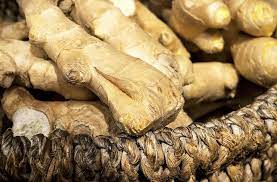 Neem and Ginger as an Herbal Cure for PCOS / Polycystic Ovarian Syndrome
Neem and Ginger as an Herbal Cure for PCOS / Polycystic Ovarian Syndrome
In addition to its ability to function as an herbal contraceptive, Neem can also be combined with Ginger to cure PCOS naturally. Click here to learn more about how to use Neem and Ginger as an herbal remedy for PCOS. Neem likely works as a cure for PCOS because it contains iodine.
Read more about iodine and vitamin K2 are a government-sponsored nutrient deficiencies and how correcting these deficiencies can cure PCOS and other serious reproductive organ diseases here.
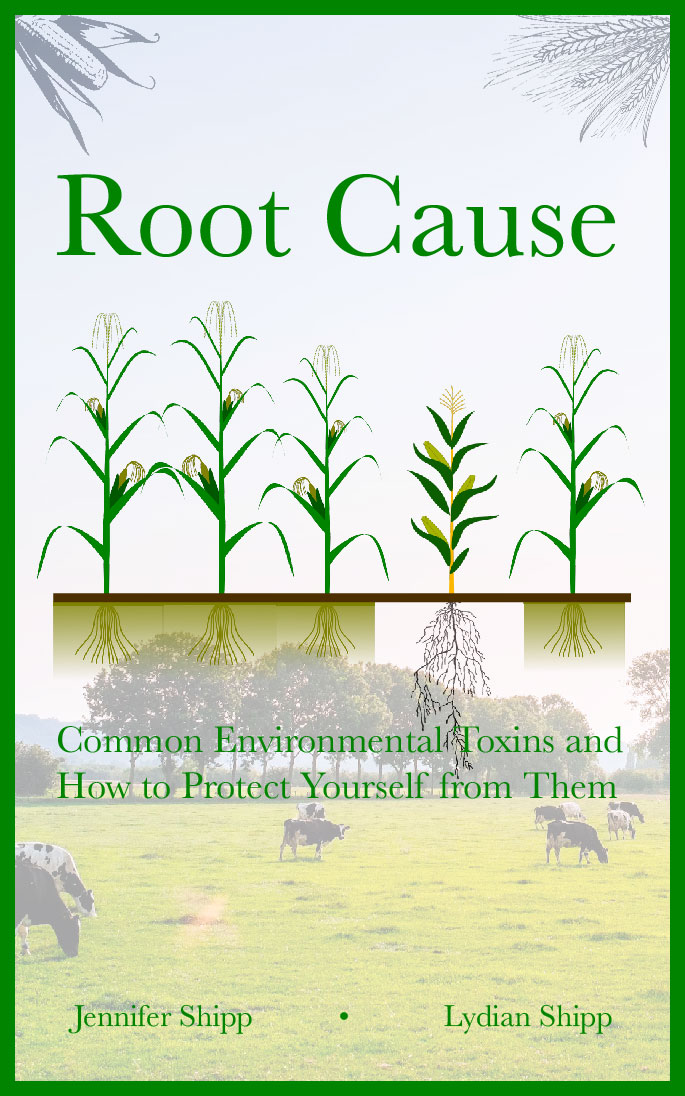
Neem as an Herbal Cure for Dengue, West Nile, and Malaria
Neem is also an extremely valuable herbal remedy for west nile, dengue, and malaria. So, if you're living or traveling to a country where dengue, malaria, or west nile is endemic, using neem as an herbal contraceptive can be doubly valuable healthwise. Consider taking neem orally to prevent malaria naturally. Read more about the use of neem as an herbal cure for malaria, dengue, and west nile here.Safety of Neem
Overall, neem is an very safe contraceptive option for both men and women. It has been used by native people in many areas of the world for contraception with relatively few adverse effects.Readers should be aware, though, that there have been some reports of kidney failure among people who drank neem tea over particularly long periods of time as an antimalarial treatment, and that some people have observed negative effects on the liver when neem is taken for many years at a time. Some studies have observed the toxicity level of neem to be between 14-24 ml of neem per kilogram of body weight (other studies, though, have noted that neem leaf may be taken in doses of 12,000 mg daily for the prevention of pain). In infants, doses as small as 5 ml can be toxic, and therefore neem should only be used with extreme caution in children and babies specifically.
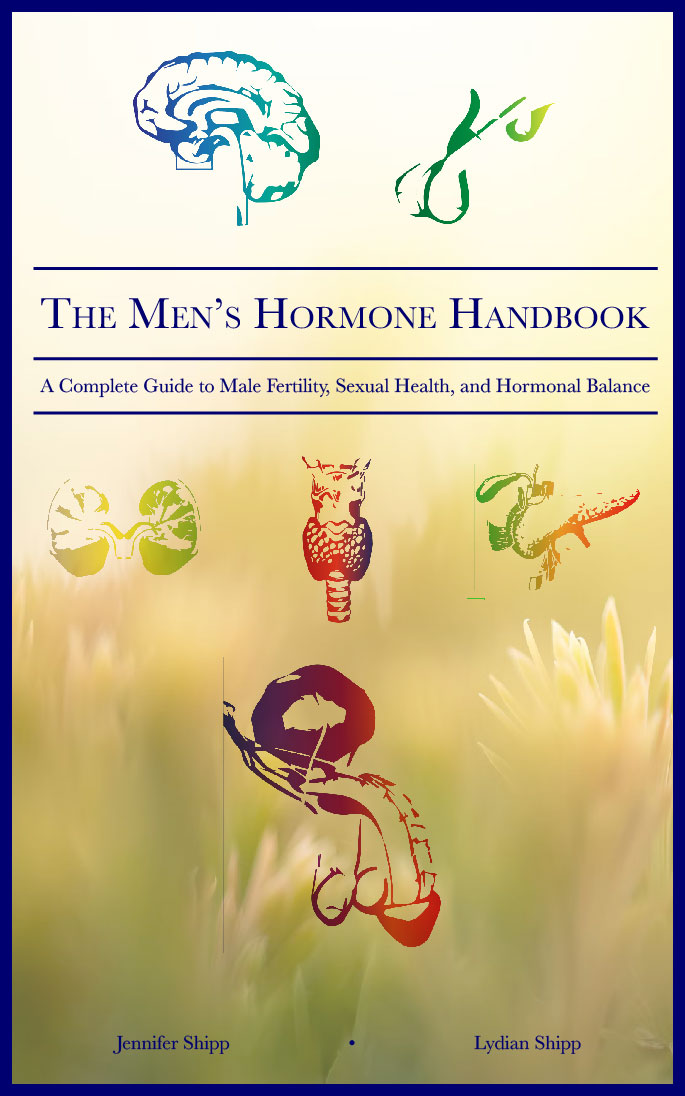
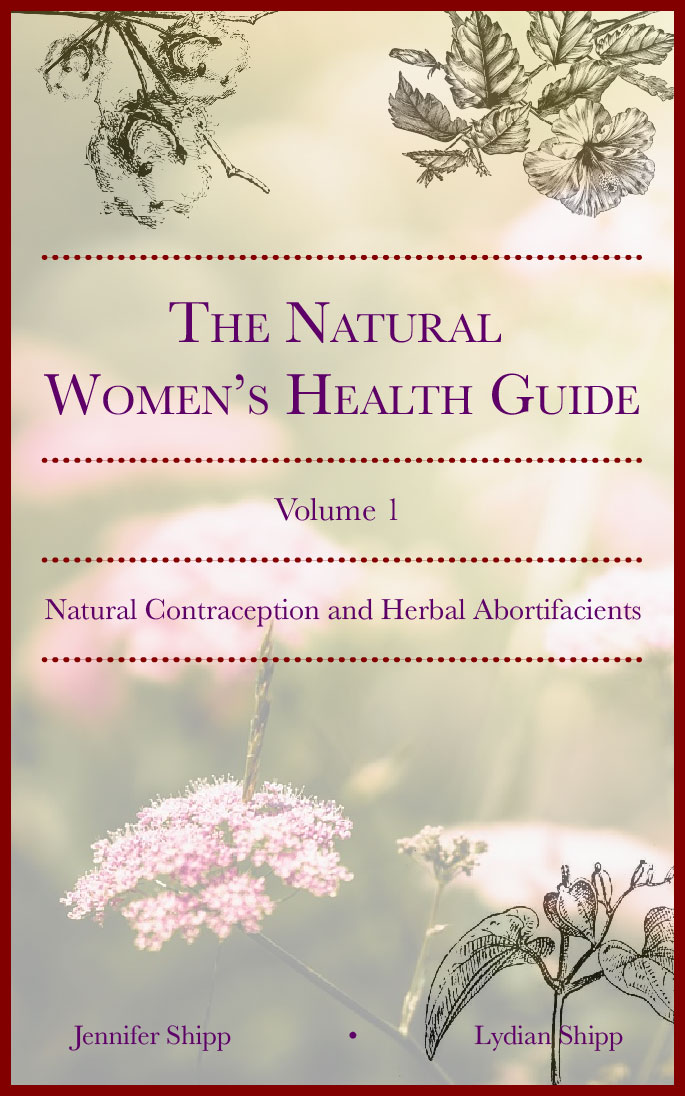
Need more information about reproductive health problems that seem "incurable"? The AlivenHealthy Living Database of Cures for Diseases is now LIVE and available by subscription.
Lydian and I collect cures for diseases. We collect links to scientific information and we try to write about these scientific studies in a way that makes them accessible to average search engine users and readers. We do research and we also seek out cures for diseases to see them with our own eyes in real life. And we work with clients directly to learn about what works and what doesn't work to cure supposedly "incurable diseases". If you have a reproductive health problem that's been dubbed "incurable" by doctors, subscribe now to the Living Database. Our staff regularly reviews the list of search terms in the order that they're made to input data into this searchable tool. In other words, when search for a disease name that isn't in our database yet, we work to find information about that disease to input it into the database. The AlivenHealthy Database is constantly growing as we add more information about cures for diseases that are incurable by doctors of western medicine. Recently, we made our most important research tool, The AlivenHealthy Living Database, available so that all of our readers can use it in the privacy of their own homes. If you have a disease that seems incurable and if you're searching for a way to cure that disease, consider subscribing to The Living Database. This searchable database is constantly growing in response to our users' searches. Subscribe to the Living Database by clicking here to Sign Up.To subscribe to the AlivenHealthy Living Database, follow this link and then click "Sign Up".
Resources:

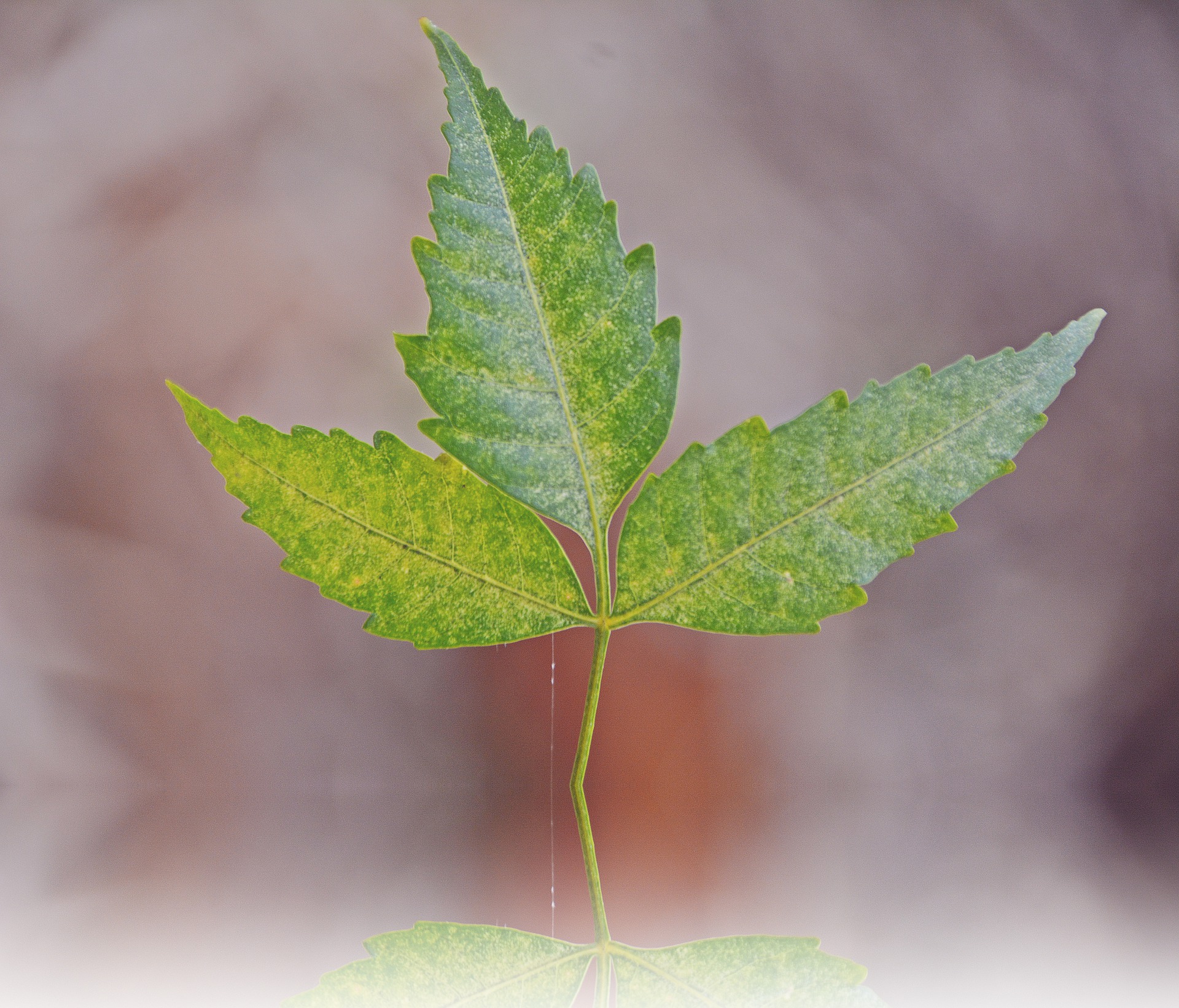 Neem is an amazing herb that can be used as an herbal alternative to birth control pills for women and as an herbal birth control option for men.
Neem is an amazing herb that can be used as an herbal alternative to birth control pills for women and as an herbal birth control option for men.